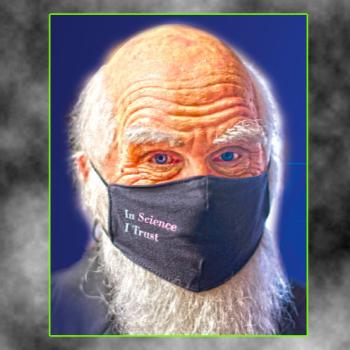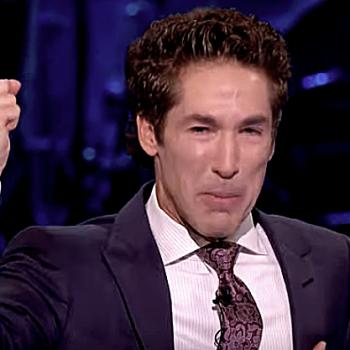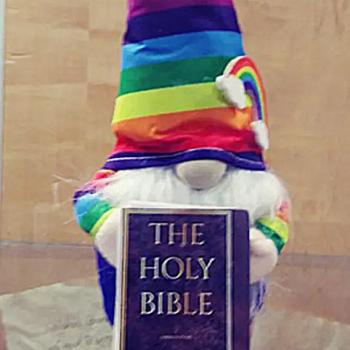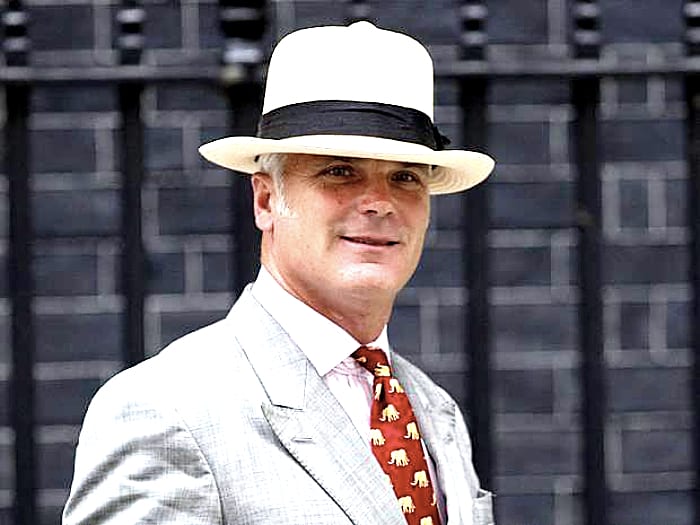
TORY toff and ardent Brexiteer Desmond “Blackface” Swayne MP says he is ‘appalled’ by the way people in Britain have allowed themselves to be robbed of their church-going rights by a ‘totalitarian state.’
The Conservative Member of Parliament for New Forest West, who has “generally voted against laws to promote equality and human rights,’ said in a speech in parliament on Wednesday that government-imposed restrictions continue to impede on a number individual freedoms and expressed horror at the lack of meaningful protest from colleagues in the House or the public itself.
According to this report, he said:
We have made the case against the regulations in this House and we have lost all the votes, and that is democracy. However, liberal western democracy is more than rule by the majority. It certainly includes freedom of association, freedom of expression and freedom to worship.
Swayne went on to assert that:
One of the most worrying aspects of our response to the coronavirus has been the way people have simply shrugged as these freedoms have been dispensed with. The Government have armed themselves with all the coercive powers of the state to tell us whom we may meet, when we may meet them, where we may meet them and what we must wear … freedom of protest has been dispensed with, as has freedom of worship.
Swayne labelled the government a “totalitarian state” that “seeks to exceed even what has been proscribed and prescribed” with regards to the lockdown restrictions, picking up on the example of a nurse who was arrested for taking her mother out of a care home against lockdown rules.
The MP lamented the fact that his colleagues, and indeed the British people, had remained relatively silent on the issue.
As these enormities occurred, instead of the expected rising chorus of protest, on the contrary we are told by the pollsters that actually the British people thirst for even greater restraints on their liberty. I am appalled – absolutely appalled.
Swayne went on to say that the liberties we enjoy in this country “were bought at an extraordinarily high price” and urged more people to recognise the ease with which they have been taken away.
Now, as we move into the vaccinated sunny uplands of release and freedom, there is a danger that the state has learned a powerful lesson over the last few months – namely, that the British people do not worry too much about their liberties and that they can be dispensed with conveniently when need arises. I hope that this House will wake up to that danger and seek a remedy.
Meanwhile, it’s reported here that more than 100 UK church leaders are seeking a judicial review of the decision by the government to ban people from worshipping together in England during a second COVID-19 lockdown.
The church leaders claim the restrictions on public worship breach Article 9 of the Human Rights Act on freedom to express religious beliefs.
They also suggest the Government failed to ascertain the extent to which leaving churches open for public collective worship would risk contributing to the spread of Covid-19.
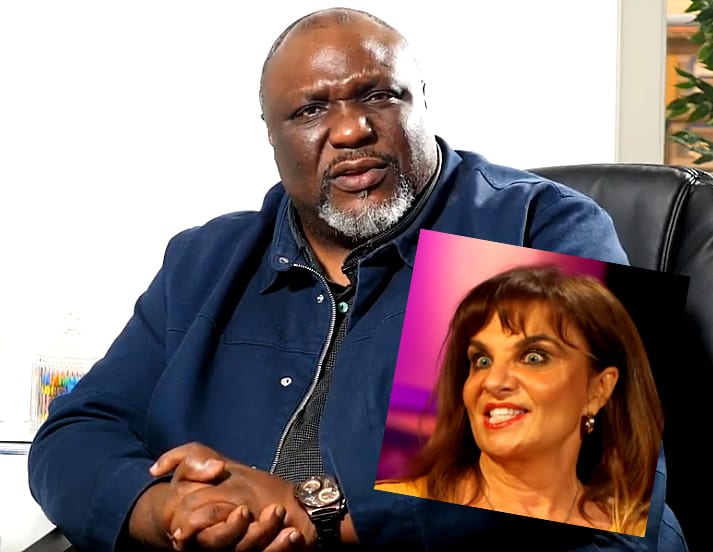
Pastor Ade Omooba, who founded Christian Concern with Andrea Minichiello Williams, inset above, is leading the church leaders’ legal challenge. He said:
We have been left with no alternative but to pursue a judicial review on this crucial issue and at this significant moment for the freedom to worship in church in this country.
We call on the Government to recognise the vital importance of church ministry and the principle of church autonomy from the state.
The legal action follows the introduction on November 5 of the second lockdown, which prevents people gathering for public worship.
Churches can still hold funerals, broadcast acts of worship and facilitate individual prayer.
Ahead of the second lockdown, over 1,500 church leaders signed an open letter urging Prime Minister Boris Johnson not to close churches for public worship.
Bishop Michael Nazir-Ali, a former bishop of Rochester, said:
Church leaders recognise the seriousness of this pandemic, and that the Government need to take the best scientific advice about the measures that are necessary to prevent the spread of the virus, especially to vulnerable groups.
This task has to be held in tension with the ancient liberties of the church which have been won through hard struggle over the course of our history. These liberties include freedom of belief, expression and worship.
The principle of the freedom of worship needs to be maintained and churches have been assiduous in maintaining safety in buildings and among worshippers.
There is widespread unease among many church leaders about the lack of evidence and consultation regarding the ban on collective worship.
Church leaders see collective worship, not as an optional extra, but as vital to the mental and spiritual health of believers, especially for the lonely and vulnerable.

Dr Gavin Ashenden, above, a former honorary chaplain to The Queen, added:
The context in which unilateral closure of churches and the removal of the right to worship as one’s conscience dictates reflects the history of the last 1,000 years of our nation.
This period has been punctuated by attempts by the government to control, restrict and prohibit the actions of Christian worshippers.
From the assassination of the Archbishop of Canterbury in 1170 through to the execution of both Protestant and Catholic dissenters in the 16th century, Christians have fought and died for the right to worship and order their spiritual and civic affairs according to their consciences.
A government spokeswoman said:
The Government doesn’t take imposing further restrictions lightly but this action is vital in tackling the spread of the virus. Places of worship bring huge solace and comfort to people, especially during this challenging time.
That is why they remain open during this period of new restrictions for private prayer and other vital functions like funerals.
We continue to work closely with senior faith leaders and the places of worship taskforce, as we have throughout the pandemic.

 I’d love a cup of coffee
I’d love a cup of coffee






